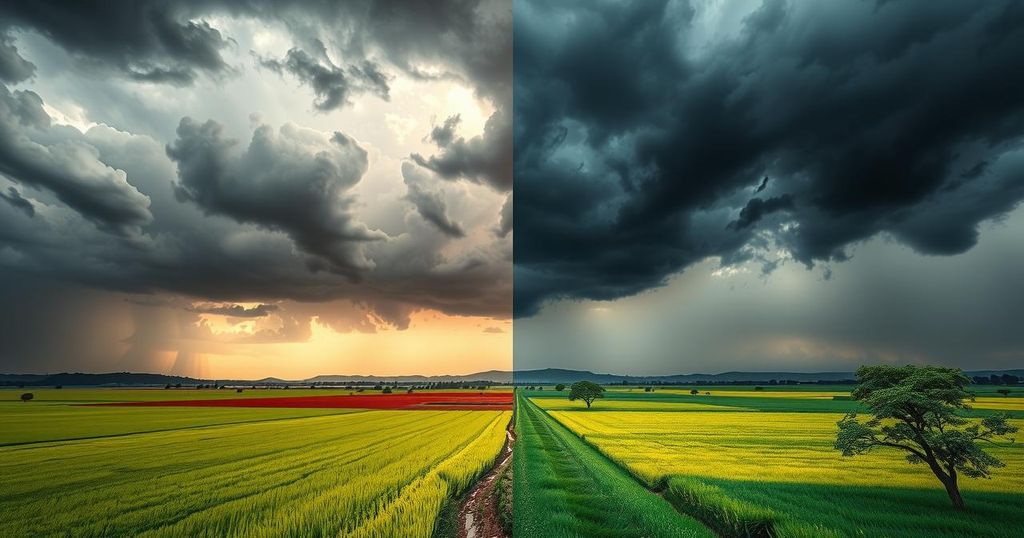South Sudan is facing the risk of renewed civil war as tensions rise between Vice President Riek Machar and President Salva Kiir. Key allies of Machar have been arrested, and clashes between the ‘White Army’ militia and government troops indicate increased instability. Given the historical context and previous civil war’s devastating impact, experts warn of a potentially larger conflict ahead.
Recent developments in South Sudan have raised concerns regarding a potential return to civil war. Leading allies of Vice President Riek Machar have been arrested, and security forces temporarily surrounded Machar’s residence in Juba. These actions have alarmed observers, particularly in light of recent clashes between Machar’s former militia, the ‘White Army’, and government troops in the Upper Nile state, near the Ethiopian border.
The historical context reveals a long-standing contentious relationship between Vice President Machar and President Salva Kiir. Their political disagreements catalyzed a deadly civil war in 2013, resulting in approximately 400,000 casualties and the displacement of 2.5 million individuals. The peace agreement that was established in 2018, which concluded that conflict, is now viewed with skepticism as tensions rise once again.
The current situation indicates that South Sudan may be precariously positioned on the edge of renewed violence, with experts suggesting that a new civil war could manifest on a significantly larger scale than previously experienced. The arrest of political figures and military confrontations could seriously jeopardize the tenuous peace that has been maintained since the last conflict ended.
In summary, South Sudan faces serious risks of reverting to civil war amidst escalating tensions between political leaders. The arrests of Machar’s allies and military confrontations signal potential instability, threatening the fragile peace established after the 2018 agreement. Historical conflicts and current conditions suggest that further violent unrest could occur, necessitating close monitoring and international engagement.
Original Source: www.bbc.com






